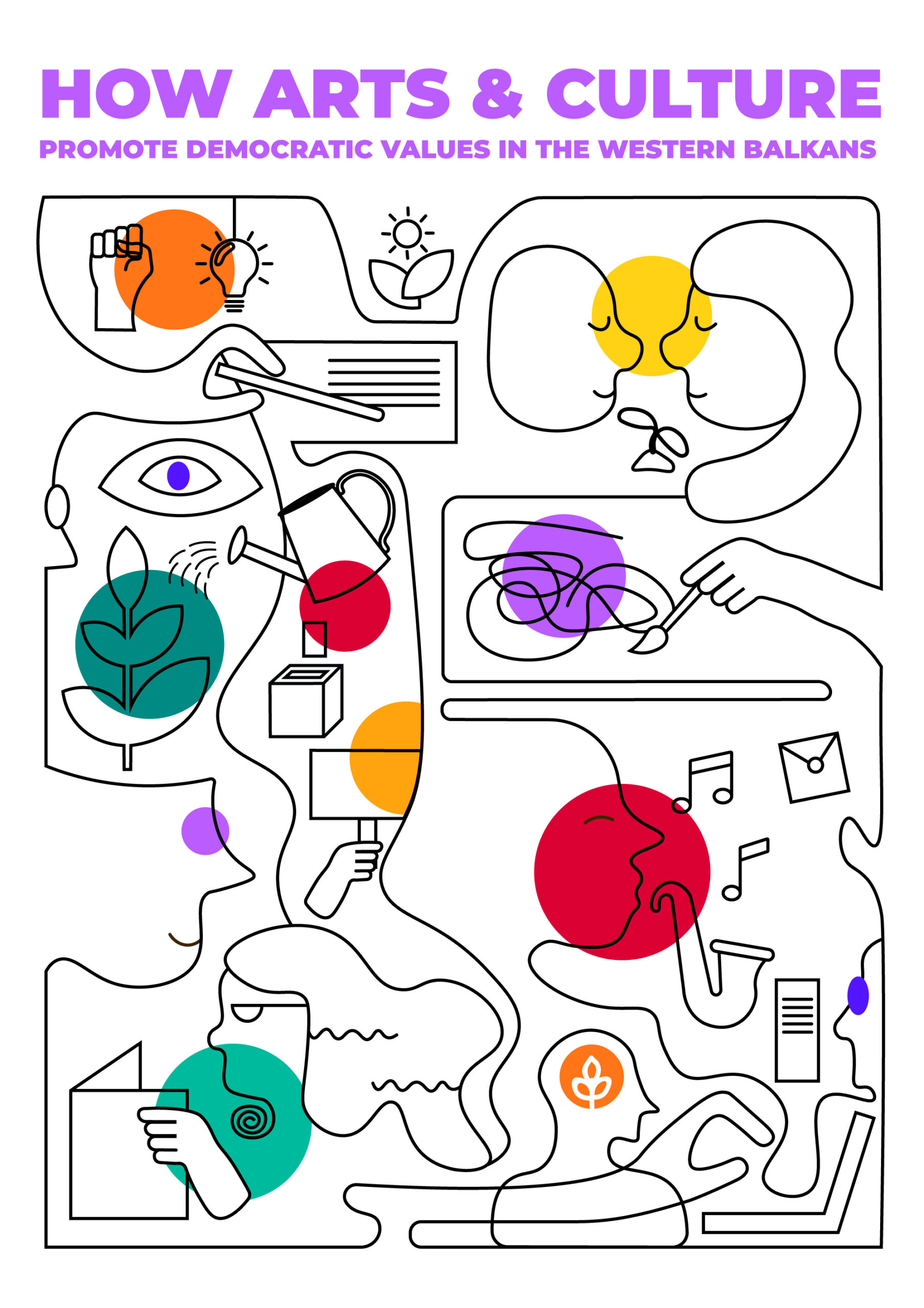Over the last 30 years, the Western Balkan countries have been shifting from socialist and authoritarian regimes to democratic ones striving for independent institutions, civil rights and liberties, and the rule of law. However, this transition has been slow and often stagnant, categorized as illiberal equilibrium – a state of constant leaning between Eastern autocracy and Western democracy. In analyzing democratization, research often focuses on governments, institutions, political leaders, and political parties. Yet, to fully understand this process one cannot overlook the role played by civil society in engaging citizens, promoting democratic values, and contributing to the achievement of ‘an effective democracy’ (empowering socioeconomic conditions that make people capable of practicing democracy and empowering sociocultural conditions that make them willing to do so). Civil society indeed directly depends on the values shared by “ordinary people” and their empowerment as actors of change, bottom-up.
Find PDF here: How-Arts-Culture-promote-democratic-values-in-the-WB1675238663




























































